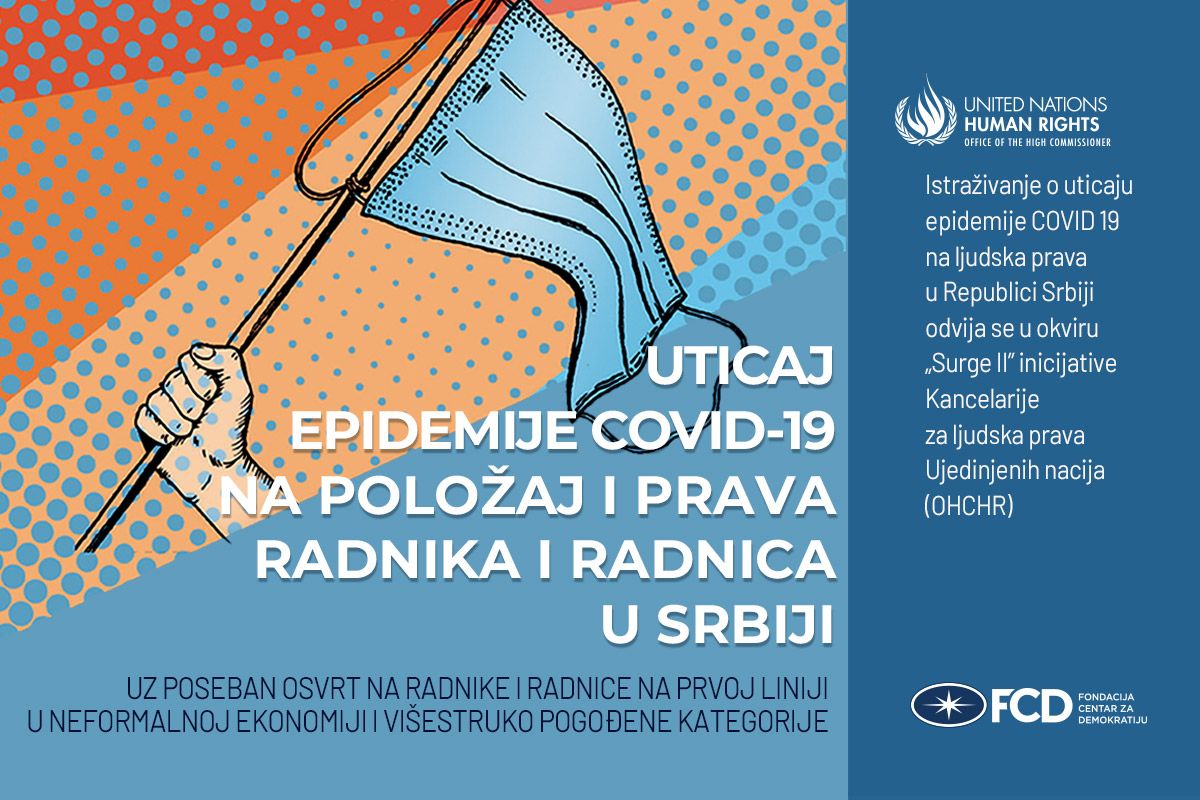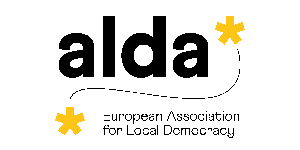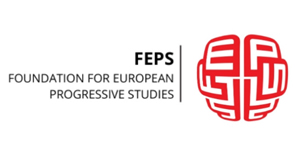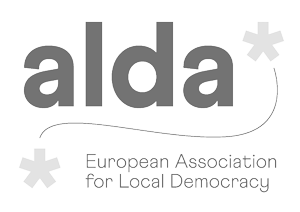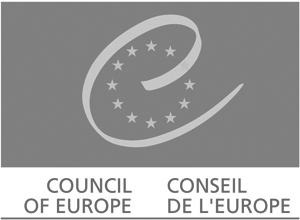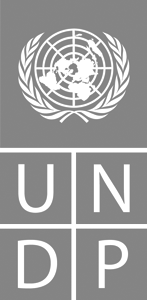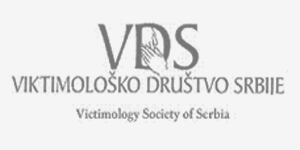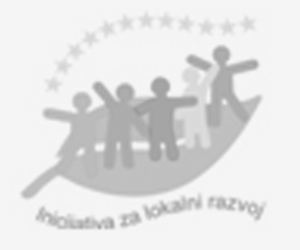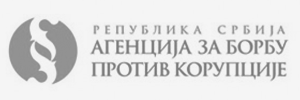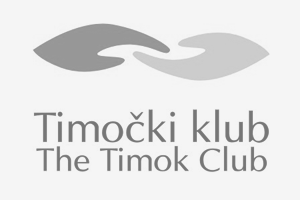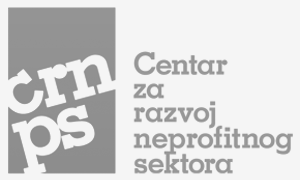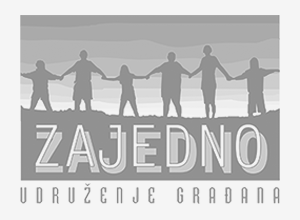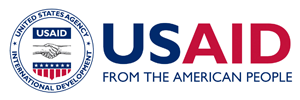The UN Human Rights Team (with the support of OHCHR) and CDF presenting a New Analysis on Impacts of COVID-19
Impact of COVID-19 epidemic on the position and rights of workers, with particular emphasis on frontline workers and those working in the informal economy, as well as multiply affected categories
The United Nations Human Rights Team, with the support of the Office of the UN High Commissioner for Human Rights (OHCHR) and the Center for Democracy Foundation (FCD), organised a presentation of the study The Impact of the COVID-19 Pandemic on Male and Female Workers' Rights, Focusing on Rights at the Frontline in the Informal Economy and Multiple Affected Categories. The presentation was held today online.
The spokesmen included: Françoise Jacob, the UN Resident Coordinator in Serbia, Milan M. Marković, Head of the UN Human Rights Team, Nataša Vučković, Director of the Center for Democracy Foundation and authors Mario Reljanović, Ivan Sekulović and Sarita Bradaš.
The UN Resident Coordinator in Serbia, Françoise Jacob, pointed out that it is a priority for the UN to cooperate with civil society organisations which focus on the most vulnerable groups, and that this Study is an in-depth analysis, often invisible behind large numbers, concerning the most affected workers, hit by the ongoing crisis.
Milan M. Marković, Head of the UN Human Rights Team, believes that it is important for this Study to monitor the human rights system and to place workers in the spotlight, while thoroughly analysing every move and impact on those most vulnerable among them. This approach contributes to placing those most neglected in focus in terms of both the process of recovery from the COVID-19 pandemic and further measures to improve the framework in which we live.
Nataša Vučković, FCD Executive Director, thanked the UN Human Rights Team and the Office of the United Nations High Commissioner for Human Rights (OHCHR) for their support. Cooperation with UN agencies is very important to the Center for Democracy Foundation, because in this day and age, all local issues are global as well, and the only way to resolve problems arising from the violation of human rights is cooperation provided under the auspices of the UN network.
The impact on workers' rights was also debated by: Jovan Protić, National Coordinator for Serbia at International Labour Organisation, Aleksandra Miletić, Project Coordinator with UN Women in Serbia, and the discussion was moderated by Aleksandra Petrović, Programme Associate with the UN Human Rights Team.
The study analyses the impact of the Coronavirus pandemic and the introduction of a state of emergency on the position and rights of workers in the Republic of Serbia, focusing on both frontline workers and those employed in the informal economy, as well as multiple affected categories of workers such as persons collecting secondary raw materials, people with disabilities, women and youths. The study also uses data collected from the Covid-19 Crisis and the Informal Economy; research conducted by Ipsos Strategic Marketing in collaboration with the United Nations Human Rights Team. Based on said analysis, the authors convey the existing risks and dangers to human rights in connection with work. They proposed urgent, both short and medium-term measures to be implemented to eliminate ambiguities and irregularities from within the legal system. These measures would also create favourable conditions which may improve the state's response to future risks, simultaneously creating better health and safety conditions in the workplace and eliminating the consequences caused by long-term neglect of the rights of both male and female workers belonging to the most vulnerable categories, all in line with the Human Rights Law.
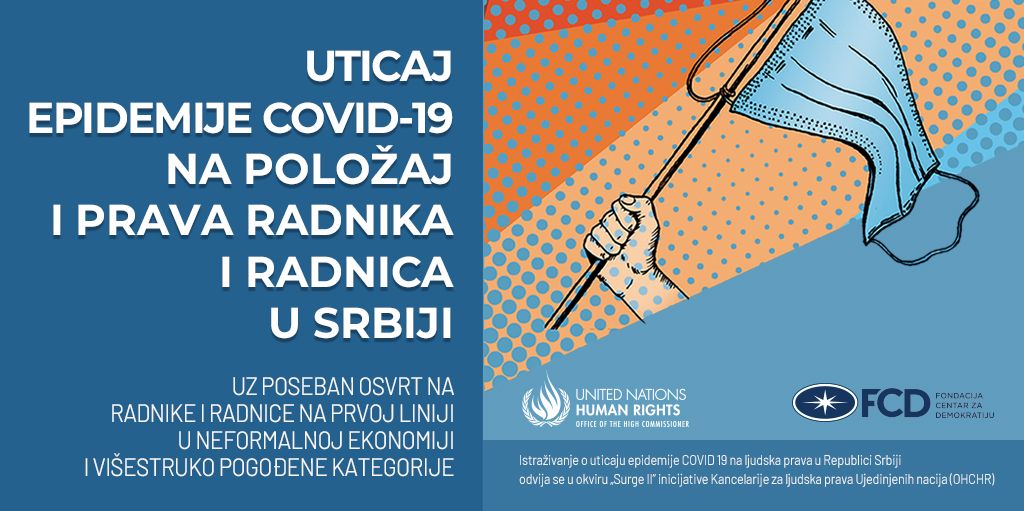
Center for Democracy Foundation
PUBLICATIONS
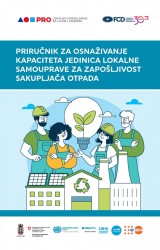 Manual for Strengthening the Capacities of Local Self-Government Units for the Employability of Waste Pickers
Manual for Strengthening the Capacities of Local Self-Government Units for the Employability of Waste Pickers
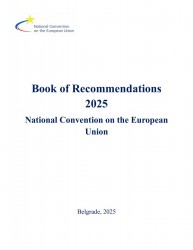 NCEU Book of Recommendations 2025
NCEU Book of Recommendations 2025
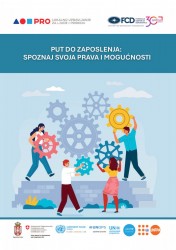 Manual “The Path to Employment: Get to Know Your Rights and Opportunities”
Manual “The Path to Employment: Get to Know Your Rights and Opportunities”
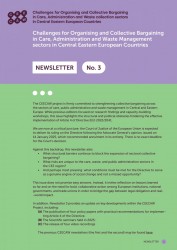 Challenges for Organising and Collective Bargaining in Care, Administration and Waste collection sectors in Central Eastern European Countries
Challenges for Organising and Collective Bargaining in Care, Administration and Waste collection sectors in Central Eastern European Countries
 Public Policy Proposals – Collective Bargaining (CEECAW)
Public Policy Proposals – Collective Bargaining (CEECAW)
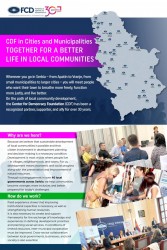 CDF in Cities and Municipalities: Together for a Better Life in Local Communities
CDF in Cities and Municipalities: Together for a Better Life in Local Communities
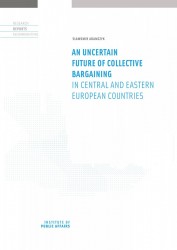 Comparative reports on collective bargaining - CEECAW
Comparative reports on collective bargaining - CEECAW
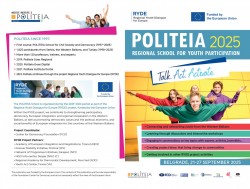 POLITEIA – Regional School for Youth Participation 2025 (leaflet)
POLITEIA – Regional School for Youth Participation 2025 (leaflet)
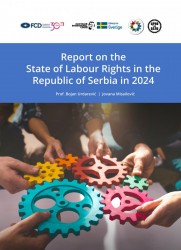 Report on the State of Labour Rights in the Republic of Serbia in 2024
Report on the State of Labour Rights in the Republic of Serbia in 2024
 Unlocking Collective Bargaining Power in Three Sectors: A Call to Action
Unlocking Collective Bargaining Power in Three Sectors: A Call to Action
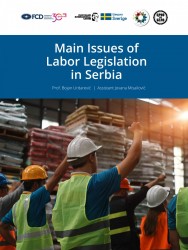 Main Issues of Labor Legislation in Serbia
Main Issues of Labor Legislation in Serbia
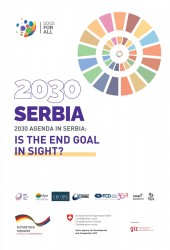 New Monitoring Report by the “SDGs for All” Platform: Is the End Goal in Sight?
New Monitoring Report by the “SDGs for All” Platform: Is the End Goal in Sight?
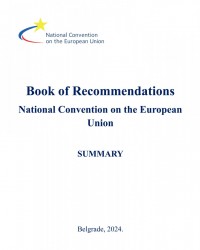 NCEU Book of Recommendations 2024 (Summary)
NCEU Book of Recommendations 2024 (Summary)
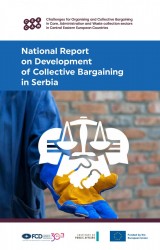 National reports on collective bargaining in Serbia - CEECAW
National reports on collective bargaining in Serbia - CEECAW
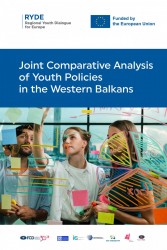 The Comparative Analysis of Youth Policies in the Western Balkans (WB)
The Comparative Analysis of Youth Policies in the Western Balkans (WB)
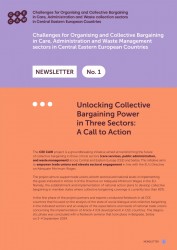 Unlocking Collective Bargaining Power in Three Sectors: A Call to Action
Unlocking Collective Bargaining Power in Three Sectors: A Call to Action
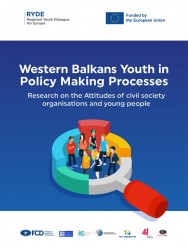 Western Balkans Youth in Policy Making Processes
Western Balkans Youth in Policy Making Processes
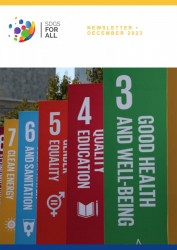 SDGs for All Platform newsletter (December 2023)
SDGs for All Platform newsletter (December 2023)


